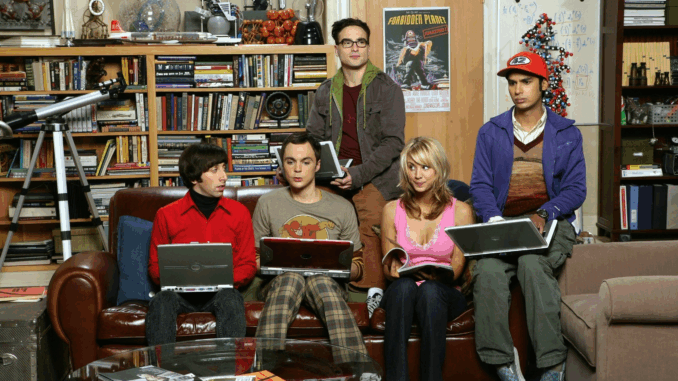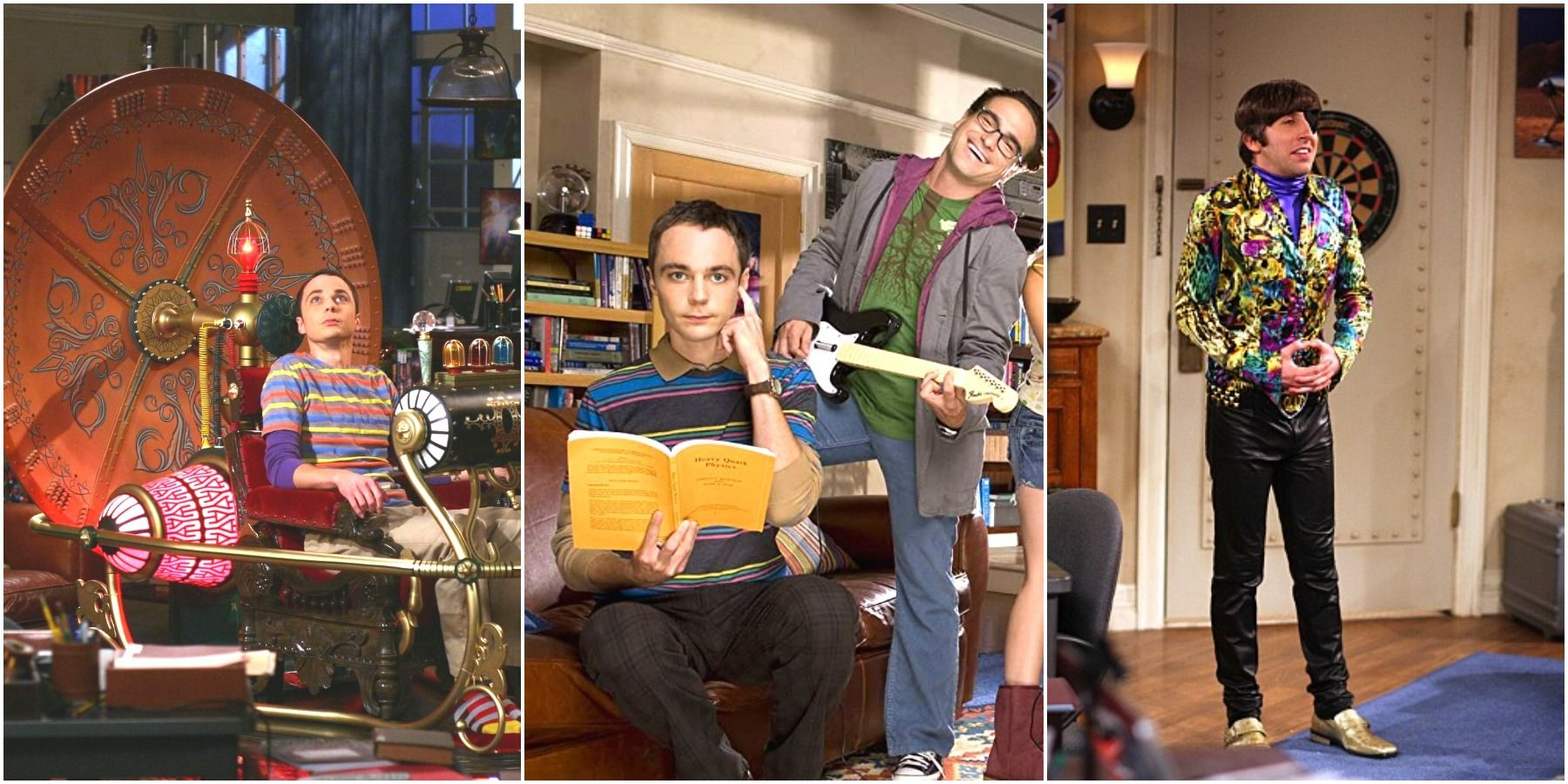
From Mockery to Celebration
Before The Big Bang Theory hit television in 2007, “nerds” were often side characters — brilliant but socially awkward, more likely to be the butt of a joke than the hero. But over its 12-season run, The Big Bang Theory flipped that stereotype on its head. By putting scientists, comic book lovers, gamers, and socially awkward geniuses at the center of the story, the show helped redefine what it means to be a “nerd” — and made that identity not just acceptable, but aspirational.
Smart Is the New Cool
Leonard, Sheldon, Raj, and Howard were physicists and engineers — fields traditionally seen as inaccessible or dull on television. But the series embraced their intelligence as a central part of their identity. They weren’t just smart — they were passionate, funny, and deeply human.
Instead of shying away from technical language, The Big Bang Theory leaned into it, often featuring real scientific theories, equations, and references. The writers even worked with UCLA physicist David Saltzberg to ensure accuracy. This commitment to authenticity made science approachable and, surprisingly, cool.
Geek Hobbies Took Center Stage
From Star Wars debates to World of Warcraft marathons, the show immersed itself in geek culture. Comic book shops became popular backdrops. Entire plotlines revolved around conventions, collectibles, and fantasy gaming. These weren’t fringe interests — they were celebrated rituals among friends.
For many viewers, this was a revelation. Interests once mocked or dismissed were shown as sources of joy, identity, and deep friendship. Audiences around the world started to appreciate, or even embrace, geek culture in ways they hadn’t before.
Female Representation in STEM

One of the show’s most important later developments was the addition of female scientists — Amy Farrah Fowler and Bernadette Rostenkowski-Wolowitz. Mayim Bialik (Amy) is herself a neuroscientist, while Melissa Rauch’s Bernadette has a PhD in microbiology. Their presence added depth to the gender conversation in science and geek culture.
These women were smart, complex, and unapologetically themselves. They weren’t accessories to the men — they had their own ambitions, careers, and quirks. The show helped normalize the idea that women can be both brilliant scientists and multidimensional characters in comedy.
Creating Community for Outsiders
What resonated most with fans was the show’s portrayal of friendship among people who didn’t always fit in. Each character struggled with their own insecurities — Sheldon’s rigidity, Raj’s fear of speaking to women, Howard’s failed attempts at confidence — but through one another, they built a safe, loyal community.
This sense of belonging struck a chord with viewers who felt like outsiders. The Big Bang Theory said: “You can be awkward, passionate, deeply weird — and still deserve love, friendship, and respect.” It was a simple message, but a powerful one.
Criticism and Complexity
Of course, The Big Bang Theory wasn’t without its critics. Some felt the humor sometimes relied too heavily on stereotypes — the awkward genius, the socially inept immigrant, or the “hot girl next door.” Others believed the show made jokes at the expense of its nerdy characters rather than fully embracing them.
But the overall arc of the series leaned toward empathy. As the characters grew, so did the show’s ability to handle them with more nuance and dignity. What began as satire slowly evolved into celebration.
A Pop Culture Legacy That Endures
By the time The Big Bang Theory ended in 2019, it had become one of the most successful sitcoms in television history. But its biggest legacy might be how it mainstreamed nerd culture — making comic book stores cool, scientific inquiry interesting, and smart people the center of the story.
In a world increasingly driven by technology and innovation, The Big Bang Theory arrived at just the right time. It proved that being a nerd isn’t something to hide — it’s something to be proud of.